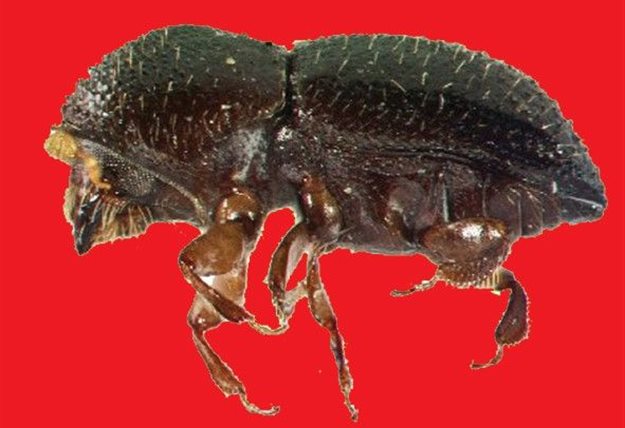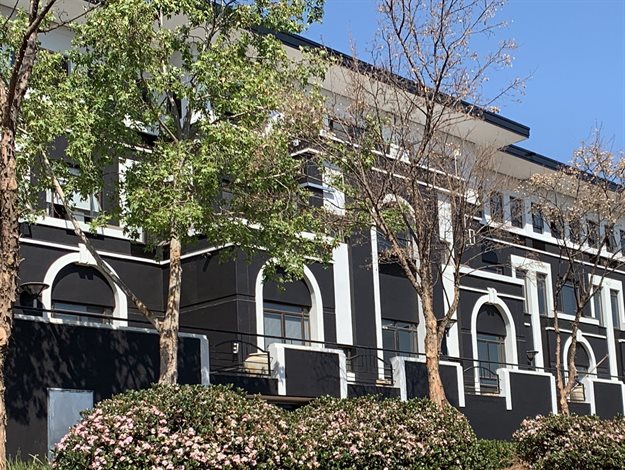
Top stories



ESG & Sustainability#BudgetSpeech2026: SRD grant unchanged, other Sassa social grants see hike
6 hours



More news











ESG & Sustainability
South Africa’s carbon tax should stay: climate scientists explain why











As they bore into the wood, the beetle relies on the fungus (Fusarium euwallaceae) to feed its adults and larvae. It is this fungus that slowly kills the tree, not the bug itself – the fungus grows along the beetle’s tunnels, blocking the tree’s vascular system, causing the dieback of the terminal branches and leaves, and eventually the death of the entire tree.
The advancing beetles have also been noted in Durban, Richard’s Bay, Pietermaritzburg, George, Knysna, and Hartswater. However it is Johannesburg, with its dense urban forest that has been hit particularly hard.
To date, there had been no single successful treatment of the infestation: a heavily infected tree needed to be urgently treated or removed, as the contagion easily spreads. But now Johannesburg is hitting back hard too, thanks to a pioneering partnership between Emira Property Fund and the newly-formed Beetle Busters, who have successfully registered a ground-breaking treatment for the infestation.
During the upgrade of Emira’s Hyde Park Lane Office Park, it became apparent that the attractive wooded grounds were heavily infected with the shot hole borer. One infected tree can contain over 100,000 beetles, and the females can fly up to 1km, although most beetles only fly to the surrounding trees.

“Our initial concern was that we would have to fell all of the infected trees in the park, which would substantially change the environment of the office park,” says Emira senior development manager Justin Bowen. “Fortunately, we were introduced to Beetle Busters, who are partnering with Emira and using Hyde Park as a test case for the treatment and eradication of the borer – hopefully saving most of the trees in the park.”
Historically, the treatment for PSHB has been to poison the beetle itself, but this often proves toxic to the host tree. Beetle Busters’ new treatment targets the fungus instead, technically starving the beetle while killing the fungus before it can kill the tree.
“If successful, this will be a ground-breaking intervention for South Africa, which could arrest the nationwide infestation and save our trees,” says Tim Conradie, of Beetle Busters. “The treatment at Hyde Park Office Park has been completed and we hope to be able to confirm the results as we move into spring and the trees start their re-growth cycle.”
“Emira is exceptionally proud to be part of this ground-breaking test case and cannot wait to see the results in the coming months,” says CEO of Emira Property Fund, Geoff Jennett. “We really are hoping that this will be the ‘silver bullet’ that we need to keep our treed cities.”